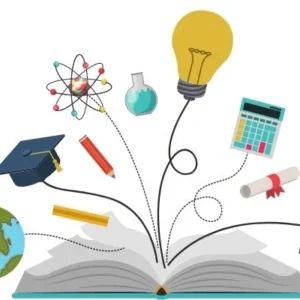The Governments of Mauritania and Chad have signed funding agreements for the Regional Engagement for Learning and Collaboration in Education (RELANCE) Project, backed by the World Bank and the Federal Republic of Germany. The total financing amounts to $137 million, aimed at transforming the education systems in both countries.
RELANCE seeks to improve education sector governance and broaden access to inclusive and flexible learning pathways. It targets over 850,000 youth, with a focus on gender equity and learners with special needs, responding to demographic pressures and education disparities in the region.
The project takes a regional approach to education reform, enhancing coordination and resource-sharing across borders. It builds on existing national reforms while introducing mechanisms for innovation and collaboration tailored to regional needs.
A Regional Institute of Education will be established in Nouakchott to develop leadership in the education sector, conduct applied research, and support data-driven policymaking. The institute, supported by the Association of African Universities, aims to become a hub of academic excellence and cross-border knowledge exchange.
RELANCE will also create a regional Open School system in both countries, targeting youth excluded from traditional education. This hybrid model will combine digital tools, in-person learning support, and vocational training to expand educational access in underserved regions.
The initiative is co-financed by the German development bank KfW, under the Sahel and West Africa Coast Multi-Donor Trust Fund. This highlights a shared commitment to strengthening regional cooperation in education, with the World Bank providing both technical assistance and long-term funding.
By building on prior national education programs such as PASEB II in Mauritania and PARAEB in Chad, RELANCE introduces a scalable, regional platform open to other Sahel countries. It represents a significant step toward creating a cohesive educational framework that can meet the evolving needs of a young and growing population in the Sahel region.






